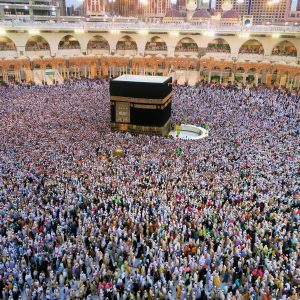France’s war on Muslim women’s attire continues
Decades of discriminatory bans target religious expression, undermining fundamental freedoms
PARIS (MNTV) – France’s lower house of parliament is poised to vote on a proposed law banning headscarves in all sports, adding another chapter to the country’s long history of restricting Muslim women’s attire.
The legislation, already approved by the right-dominated Senate, has sparked controversy, dividing the government and human rights advocates.
Prime Minister François Bayrou has distanced himself from the bill, warning against further alienating the country’s nine million Muslims.
However, internal discord remains. While some ministers champion the ban under the guise of secularism (laïcité), others caution against its stigmatizing effect.
Restrictions targeting Muslim women’s clothing are not new in France.
For decades, France has systematically targeted Muslim women’s clothing under laws framed as promoting secularism.
In 2004, a ban on hijabs and other religious symbols in state schools was introduced.
This was followed in 2007 by restrictions preventing public sector employees from wearing religious attire, including hijabs.
The 2010 nationwide ban on face veils in public spaces made France the first EU country to enforce such a policy.
By 2014, the French Football Federation imposed its own hijab ban, even after FIFA had lifted similar restrictions.
In 2016, courts overturned municipal burkini bans, but public swimming pools retained prohibitions on modest swimwear.
Recent measures include the August 2023 ban on abayas and thobes in state schools and the September 2023 prohibition on hijabs for French athletes during the Paris Olympics.
These policies often cite laïcité, originally intended to ensure state neutrality while protecting religious freedoms.
Over time, however, it has become a tool to justify discriminatory policies targeting Muslims.
The laws remain deliberately vague, forcing schools and local authorities to interpret what constitutes religious attire, often leading to inconsistencies and biased enforcement.
For Muslim women in France, these restrictions represent a persistent assault on their identity and freedoms.
Despite protests from civil society, the bans continue to grow, reflecting deep-rooted Islamophobia and political convenience over genuine inclusivity.











